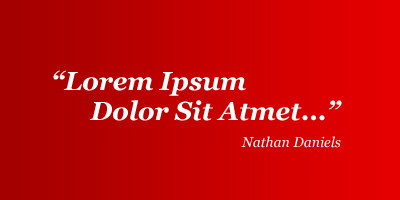| Members of the Saeima participate in the NATO Parliamentary Assembly’s Autumn Session (16.11.2009) |
 |
|
During the debates, V. Paegle, head of the Latvian delegation, posed the following questions: “How is Russia’s desire to develop a new pacifistic security initiative in Europe compatible with statements by Vladimir Zhirinovsky, a member of the Russian State Duma, that the Baltic regions inhabited by people of Russian nationality should be annexed to Russia? How is that compatible with the large-scale Russia-Belarus military exercises that were recently held near the borders of Latvia, Lithuania and Poland? How is that compatible with the decision adopted by the Russian State Duma about the possibility of using military force to protect its citizens abroad?” NATO PA delegates agreed on the need to continue the NATO-Russia dialogue. Parliamentarians admitted that Russia and North Atlantic Treaty Alliance member states are mutually connected both economically and politically. A wide range of issues is being discussed at the NATO PA Autumn Session in Edinburgh. Apart from NATO-Russia relations, the agenda of parliamentarians also includes issues such as NATO’s new Strategic Concept, a possible change in the Alliance’s strategy in Afghanistan, non-proliferation of weapons of mass destruction and cyber security problems. The meeting of parliamentarians of the North Atlantic Treaty Organisation’s member states in Edinburgh is also attended by Dzintars Rasnačs and Visvaldis Lācis, who are permanent members of the Latvian delegation. NATO PA sessions take place twice a year – in spring and autumn. At present, Latvia is one of the last member states in which the Session has not yet been held. Lithuania organised the NATO PA Session in 2001, and Estonia will do so in 2012. The NATO Parliamentary Assembly is a consultative inter-parliamentary organisation founded in 1955 which unites parliamentarians from 28 member states of the North Atlantic Treaty Organisation. Delegates from NATO associate member states, representatives of the European Parliament, as well as parliamentary observers from several non-NATO countries also participate in the Assembly’s work.
|



